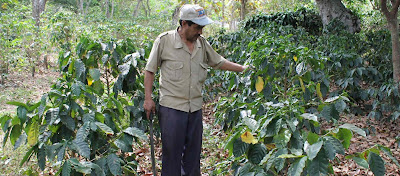Who Is getting rich in Bukele's El Salvador?

A select group of people is getting very rich in today's El Salvador ruled by Nayib Bukele. Using tourism development funds and tax policy measures, the Bukele government is allowing an assortment of real estate developers, crypto-investors, and the Bukele family to acquire significant real estate holdings and wealth. Such policy measures were on display again on February 20 when El Salvador's Legislative Assembly convened without proposals on its agenda. Then the Nuevas Ideas-controlled body voted to suspend the rules to vote on a new development loan . Without prior sharing of the underlying documentation, the Assembly voted to approve borrowing $114 million dollars for highway and infrastructure projects for Surf City 1. "Surf City" is the branding for tourism development along El Salvador's Pacific coast, with phase 1 rolled out from Puerto La Libertad to El Zonte, also known as "Bitcoin Beach." The area which will be benefitted by this new loa...



